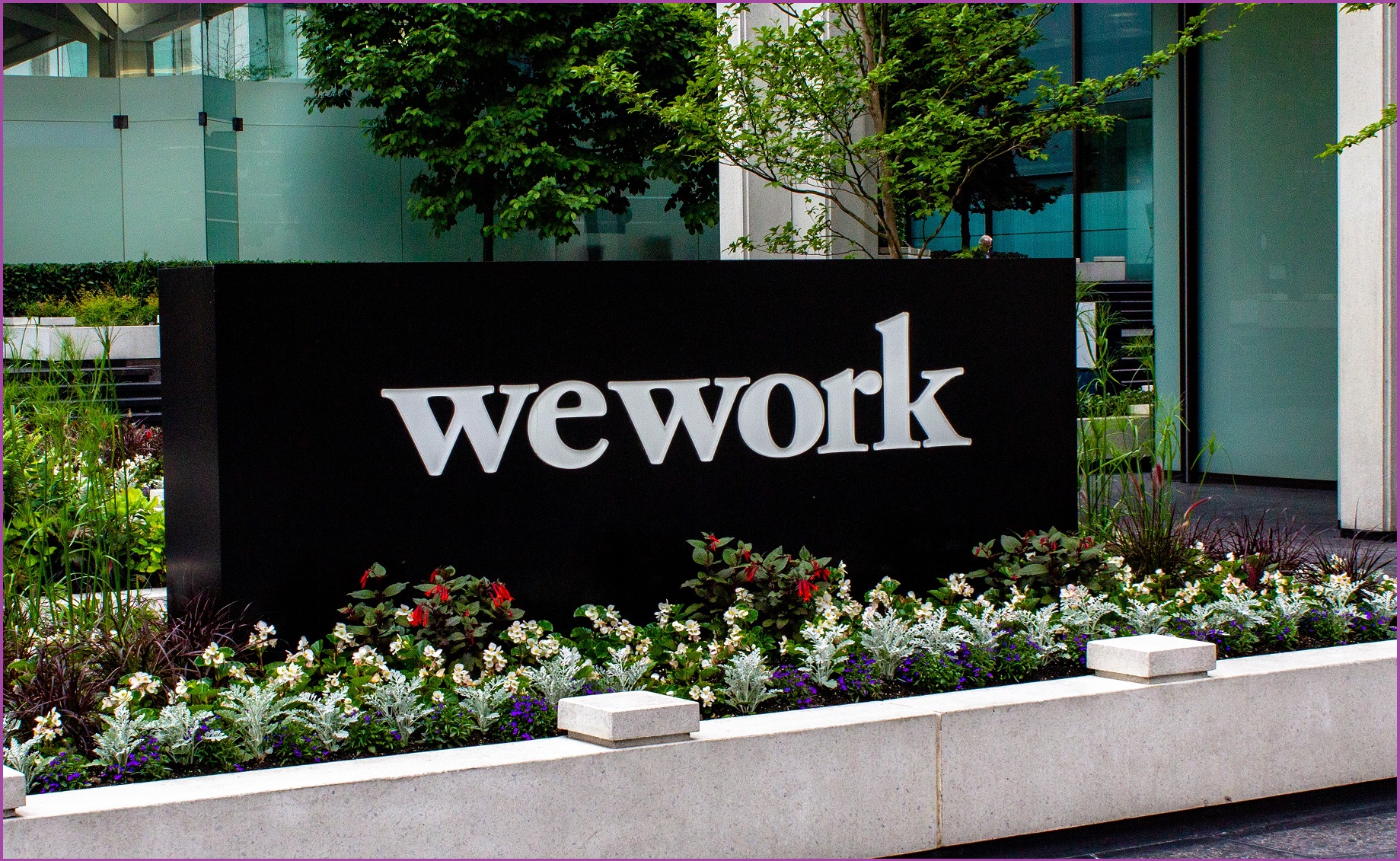Co-working space company WeWork, which housed tech startups and was once valued at US$47 billion, has filed for bankruptcy in the US.
The bankruptcy procedure was hardly a shock for the embattled WeWork which in August told the market that it may not stay afloat as it haemorrhaged money to service massive debts and failed to generate significant revenue after the pandemic seriously dampened demand for office space.
All told, WeWork listed around US$18 billion worth of debt at the end of the 2022-23 financial year, nearly three-quarters of which was made up of long-term lease obligations.
The company said it has reached restructuring agreements with the creditors for 92 per cent of that debt.
WeWork’s executives remained surprisingly optimistic in its public statements about going bankrupt.
New CEO David Tolley – who signed on with the company less than a month ago – said WeWork still has “a strong foundation, a dynamic business, and a bright future”.
“Now is the time for us to pull the future forward by aggressively addressing our legacy leases and dramatically improving our balance sheet,” he said.
WeWork’s business model was to sign long-term office leases in expensive cities, fit them out as modern branded co-working spaces, then rent them out to tech startups, freelancers, and small-to-medium businesses with perks like free beer from taps in the offices.
It was a model that initially excited investors, especially those from Japanese firm SoftBank which valued it at a whopping US$47 billion in early 2019, making WeWork the most valuable startup in the US at the time.
Off the back of its major SoftBank deal, WeWork tried to spin out the We Company that included a chartered boat arm called WeSail.
The company’s founders said its “guiding mission” was to “elevate the world’s consciousness”.
Outrageously high valuations and plentiful venture capital cash allowed WeWork to load up on debt and expand its business, putting offices in over 39 countries including Australia.
Even ahead of the COVID-19 pandemic’s clear impact on the business’ viability, WeWork was already troubled.
Its planned 2019 initial public offering (IPO) collapsed after documents revealed WeWork co-founder Adam Neumann had been leasing his own buildings to WeWork, was taking out loans against it, and had paid him.
Neumann soon stepped down as CEO as the company restructured to fix the reputational damage he had caused.
By the end of that year, it was worth US$10 billion, a fraction of its valuation less than 12 months earlier.
When the pandemic sent everyone home from the office, WeWork started cutting back on staff and offices, vacating 66 premises and trying to renegotiate long-term leases that almost overnight became worth significantly less.
Throughout this period, the company remained publicly positive about its “space-as-a-service” model for on-selling leased real estate.
In 2021, WeWork finally managed its long sought after IPO through a merger with BowX Acquisition Corp and with a US$9 billion valuation.
A hot speculative market was initially favourable, until last year’s higher-than-expected inflation figures caused central banks to raise interest rates, cooling the share market, and precipitating a downfall that saw WeWork shares go from trading at highs above US$500 to below US$1 this year.










